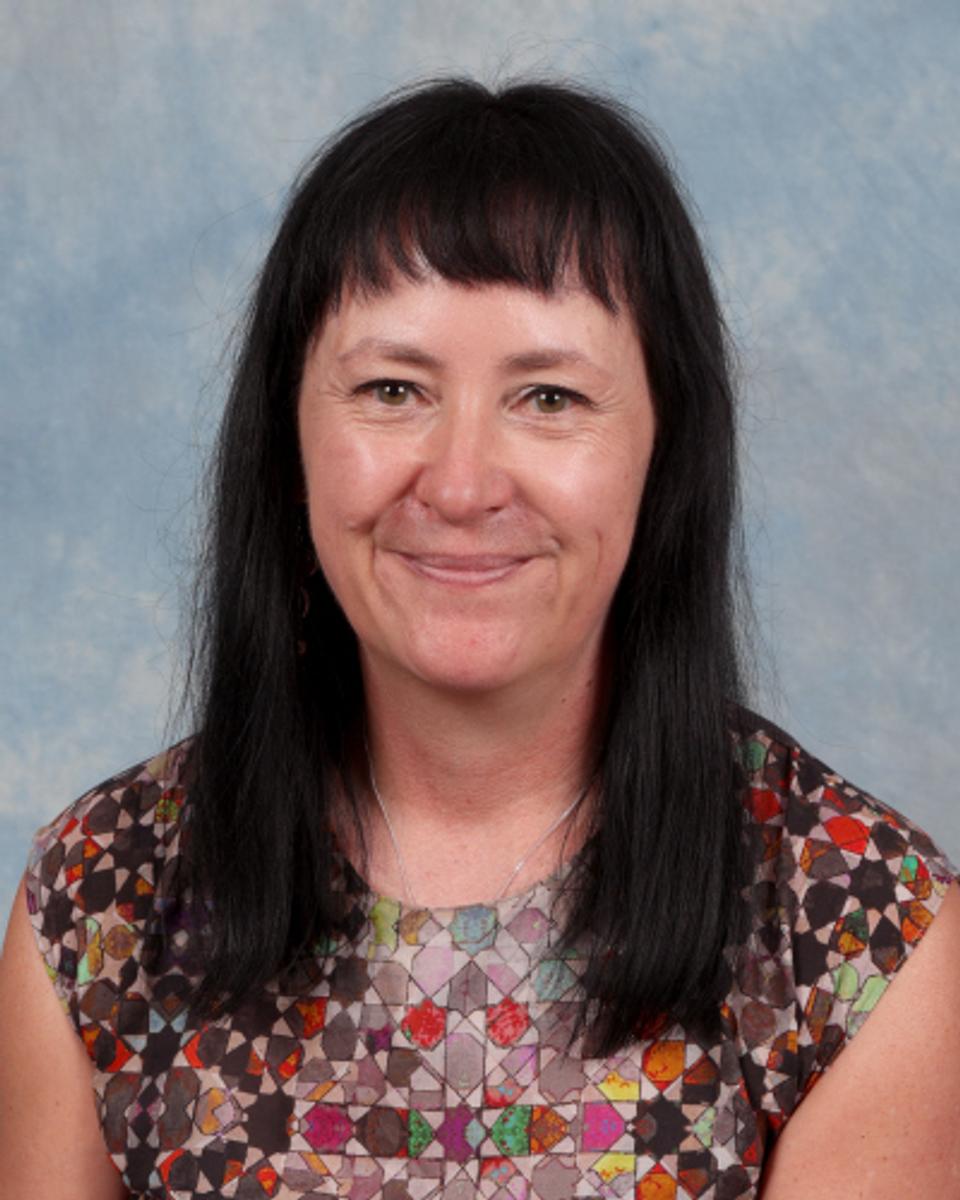Deputy Principal Teaching and Learning Report

Mid Semester Reports and Student Progress Meetings
The Mid Semester Reports for Years 7 to 12 students are now available on PAM. These reports provide a snapshot of student work habits for this term. Continuous Reporting means that parents can already access detailed feedback on their child’s academic progress through the Learning Areas section of PAM.
For valuable, detailed discussion of your child’s progress, teachers will be available by appointment on Wednesday 27 March and Thursday 28 March for Student Progress Interviews. Details for bookings appointments via PAM have been provided via email. While we encourage communication between parents and teachers throughout the semester, this evening provides a vital chance for all parents take advantage of the opportunity to discuss areas for improvement and for ensuring future success by making appointments with all subject teachers.
Staff Professional Learning
In recent decades, the profession of teaching has changed immensely (Bressman, Winter & Efron, 2018). Education is being reshaped by forces such as the Information Age and Globalisation (MCEETYA, 2008). Increasing accountability measures and the expectation that teachers ensure the success and growth of all students have challenged teachers to improve their practice (Burke, 2002). Schools need to be more systematic in how they provide professional learning for teachers at all stages in their career, in order to support teachers to support students, and to keep pace with these changes.
Teacher professional learning is central to promoting successful teaching and ensuring school improvement (Dinham, 2015, p. 199). There is clear evidence that good professional learning improves student learning outcomes. (Hattie, 2012). Traditionally, professional learning for teachers has consisted of formal learning experiences undertaken individually and outside the classroom. In recent decades, educational researchers have demonstrated the importance of changing this understanding of teacher professional learning (see, for example, Fleming and Kleinhenz, 2007). Good professional learning can occur in informal ways, in the classroom, and often in partnership with other teachers in a team (Evans, 2014, Rawlins et al., 2014).
At Nazareth College on Tuesdays, Nazareth students finish classes at 2.20 pm. Staff then undertake Professional Learning. Teachers and school leaders work together to build the professional capital of our College. Some sessions have and will focus on compliance requirements such as Child Safety and Anaphylaxis management. Teachers work on Action Research projects that are centred on one of the three areas of focus for Professional Learning Communities: VCE Improvement, Literacy for Learning and Differentiation. In some sessions we learn about the particular leading needs of students on the NCCD. We offer teachers Professional Learning about Catholicism.
Ms Claire Nailon
Deputy Principal Teaching and Learning
References
Bressman, S., Winter, J. S., & Efron, S. E. (2018). Next generation mentoring: Supporting teachers beyond induction. Teaching and Teacher Education, 73, 162-170.
Burke, K. (Ed.). (2002). Mentoring guidebook: Starting the journey. SkyLight Professional Development.
Dinham, S. (2015). Leading learning and teaching. Camberwell: Australian Council Educational Research (ACER).
Evans, L. (2014). Leadership for professional development: Enhancing our understanding of how teachers develop. Cambridge Journal of Education, 44(2), 179-198. doi:10.1018/03057X.2013.860083
Fleming, J., & Kleinhenz, E. (2007). Towards a moving school: Developing a professional learning and performance culture. Camberwell: Australian Council for Educational Research.
Hattie, J. (2012). Visible learning for teachers: maximizing impact on learning. Routledge.

